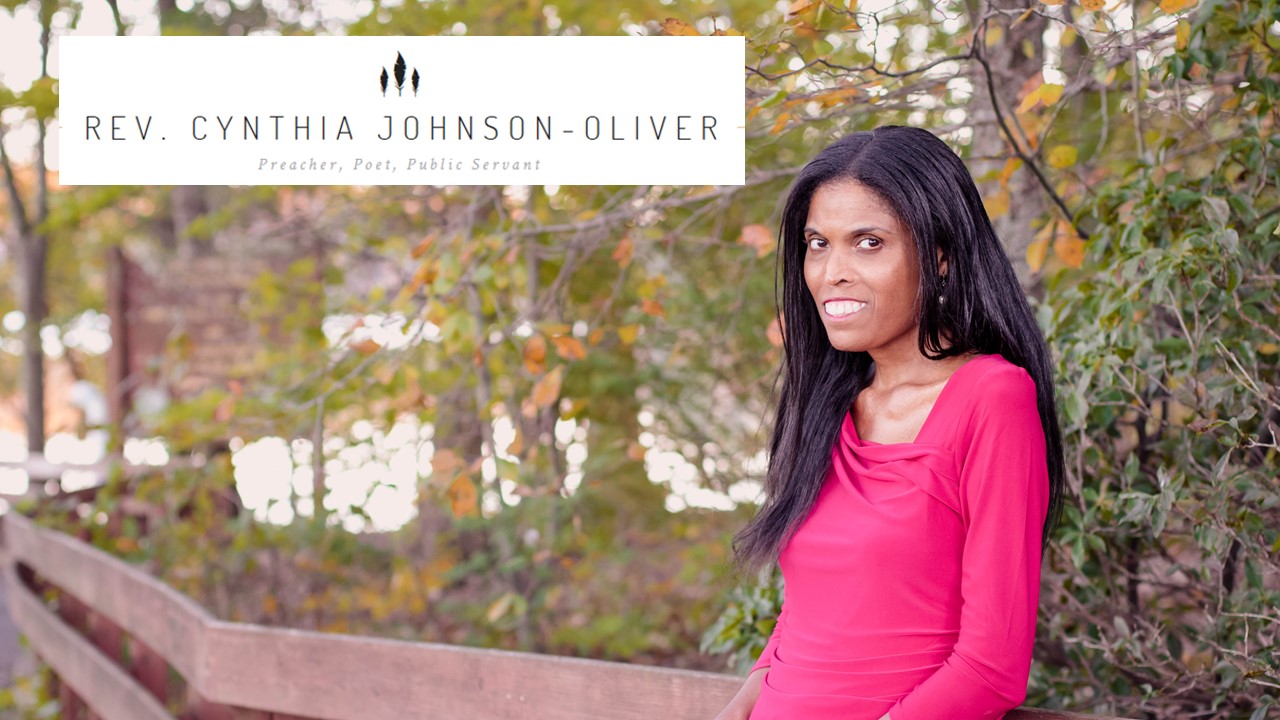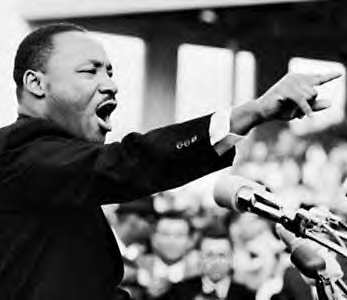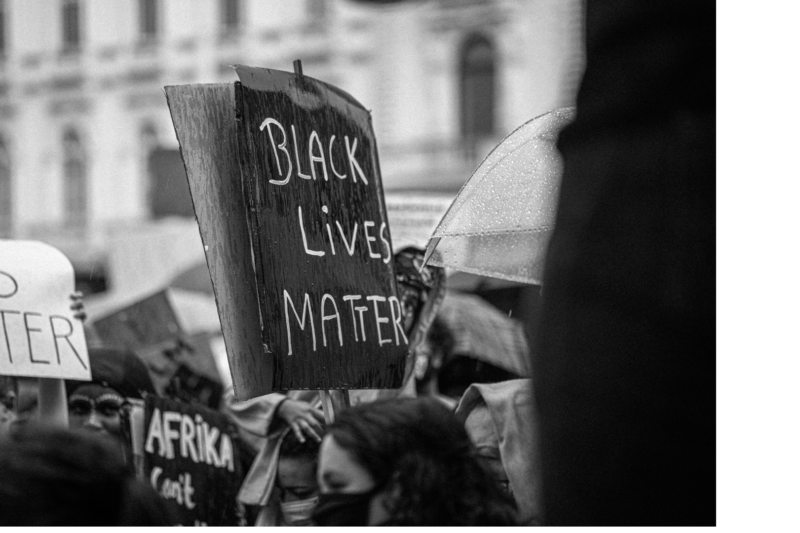“But let justice roll down like waters,
and righteousness like an ever-flowing stream.”– Amos 5:24
 The very moment is preserved in history. The pillows are on the bed, covered with slightly disheveled white sheets and a tan bedspread. Dishes are on a side table, cleaned but returned to their location at the very time. Outside in the adjacent parking spots sits a 1960’s Chevrolet next to a Buick of the same era. A large wreath is above them, hanging on the outside of the balcony. Today, the sign out front reads National Civil Rights Museum. But the original sign is also out front; it reads, “Lorraine Motel.” It is located in Memphis, TN. It is the place where Dr. Martin Luther king lost his life to an assassin.
The very moment is preserved in history. The pillows are on the bed, covered with slightly disheveled white sheets and a tan bedspread. Dishes are on a side table, cleaned but returned to their location at the very time. Outside in the adjacent parking spots sits a 1960’s Chevrolet next to a Buick of the same era. A large wreath is above them, hanging on the outside of the balcony. Today, the sign out front reads National Civil Rights Museum. But the original sign is also out front; it reads, “Lorraine Motel.” It is located in Memphis, TN. It is the place where Dr. Martin Luther king lost his life to an assassin.
Recently, my family and I were visiting the city of Memphis during our summer vacation. We were leaving one relative’s home to visit another one, and we decided to stop by the National Civil Rights Museum on the way. We wanted our daughter and our au pair to see this historic site. They have both studied Dr. King to varying degrees, but this visit would provide a visual context to their education.
Our visit led to a discussion about civil rights, including those of the sanitation workers which led Dr. King to Memphis. We discussed his prescient “mountaintop” sermon and the prophetic way that he envisioned a more just world than the one that he and his contemporaries inhabited. A reverent silence filled the car as we acknowledged how different our country is because of his bold efforts and the efforts of countless women and men who have engaged in struggles for freedom and justice.
When I returned to Annandale, I was drawn by the lectionary readings from the prophet Amos. Prophesying during a time of relative prosperity, Amos upbraided the people for their lack of attention to justice for the poor and the oppressed. In the above passage, frequently quoted by Dr. King, Amos declares that God despises festivals and takes no delight in solemn assembles, songs, and melodies if the people neglect justice and continue oppression.
As I considered the words of these two prophets who lived during very different times and places in history, I  began to ponder the role of prophetic ministry in the church today. I began to ask, is God satisfied with our solemn assemblies, songs, and melodies? Do we neglect justice? Are we willing to boldly stand and speak out, in counter-cultural ways, against the injustices we observe in our society? As we commemorate the 50th anniversary of the March on Washington, I wondered, do we need prophets today?
began to ponder the role of prophetic ministry in the church today. I began to ask, is God satisfied with our solemn assemblies, songs, and melodies? Do we neglect justice? Are we willing to boldly stand and speak out, in counter-cultural ways, against the injustices we observe in our society? As we commemorate the 50th anniversary of the March on Washington, I wondered, do we need prophets today?
This led to a sermon on prophetic ministry which I delivered at Annandale UMC. Prophetic ministry, both in the Hebrew Bible and throughout history, is ministry that proclaims “thus says the Lord” to contemporary societies, and does so even when it is unpopular. Prophetic ministry “speaks truth to power” and boldly challenges the norm in the faces of kings and commoners, presidents and peoples. Prophetic ministry proclaims good news to the poor, release to the captives, justice for the oppressed, welcome to the stranger, and God’s favor to all humanity.
In my sermon, I made four observations on prophetic ministry:
- Prophets typically arise in times of conflict or injustice.
- Prophets represent the voice of God
- Prophetic speech names injustice and challenges those in power to correct injustice
- Prophecy is one of the spiritual gifts, the only one in all of Paul’s lists of gifts
Today, there is still a need for prophetic ministry. Injustice persists in our society, whether poverty, homelessness, mass incarceration, human trafficking, racism, sexism, heterosexism, and many other challenges. God still needs prophets to boldly declare what is right and just and good. As people of faith, we must engage in prophetic ministry until justice rolls down like waters, and righteousness like a mighty stream.




